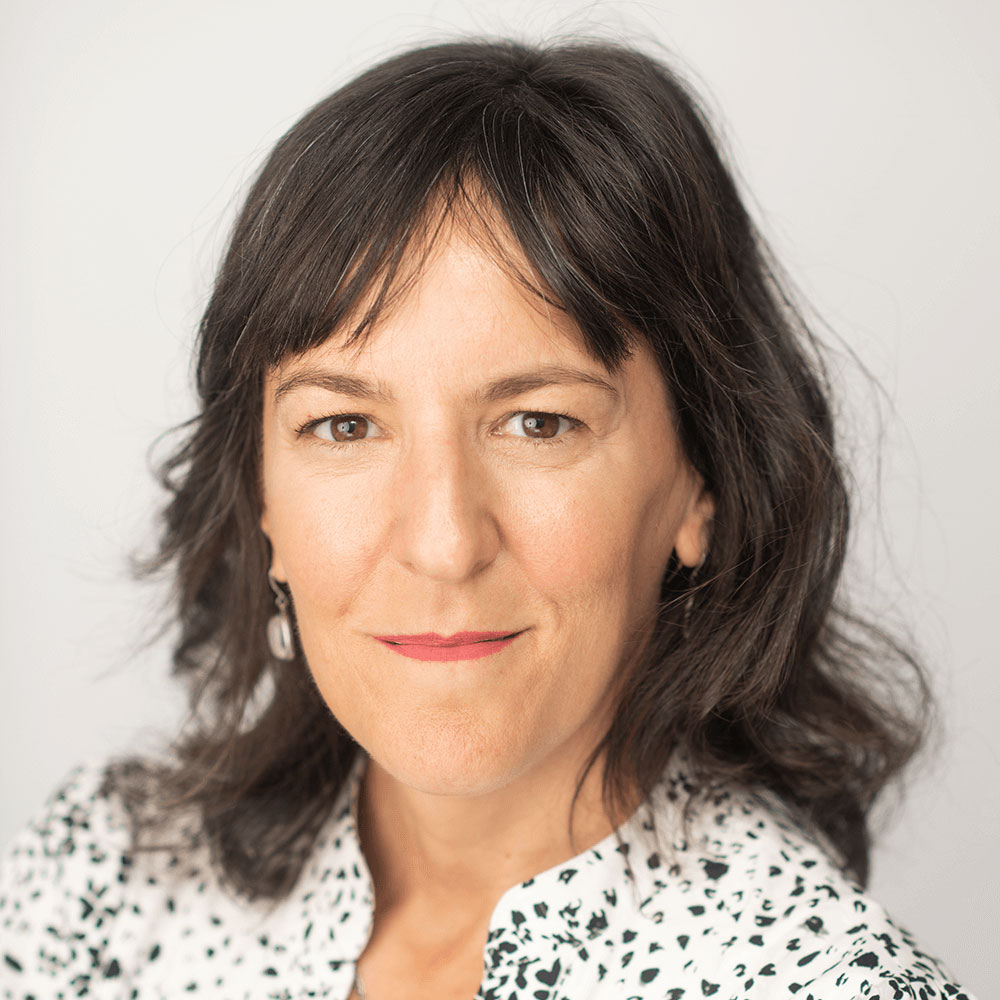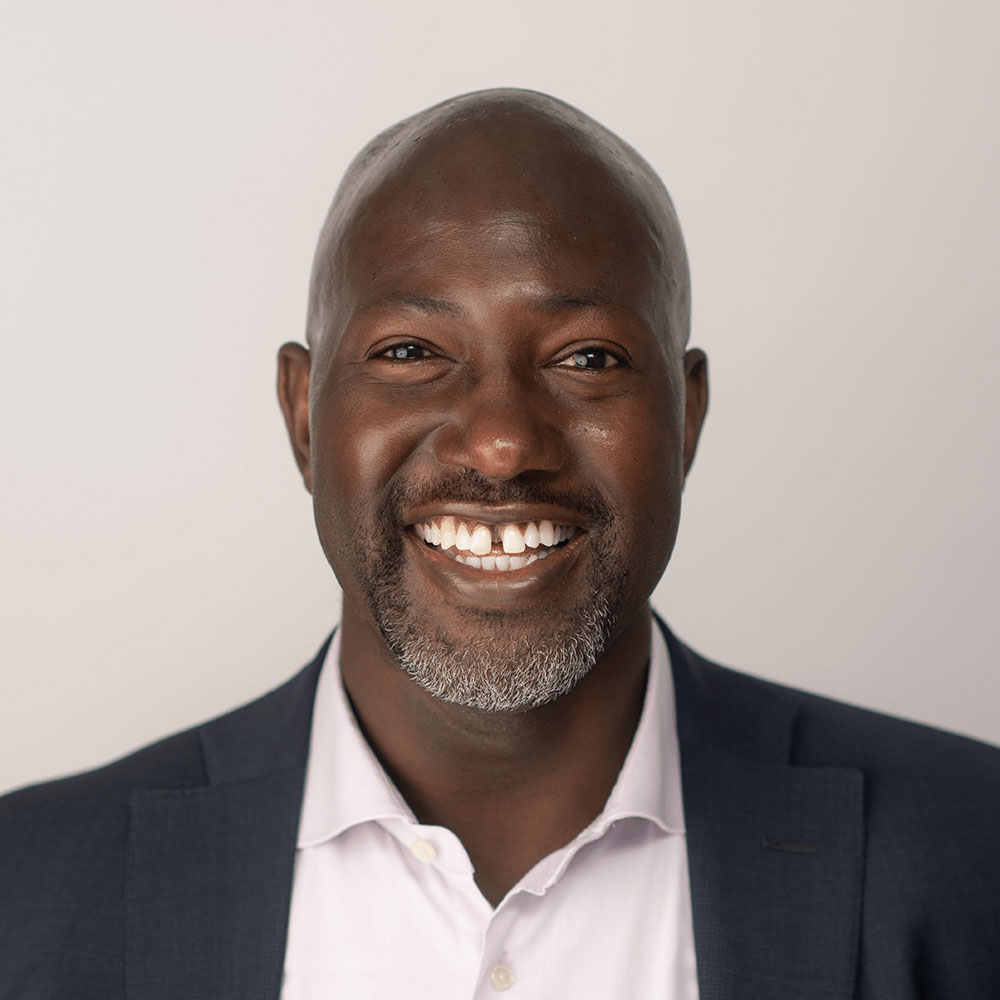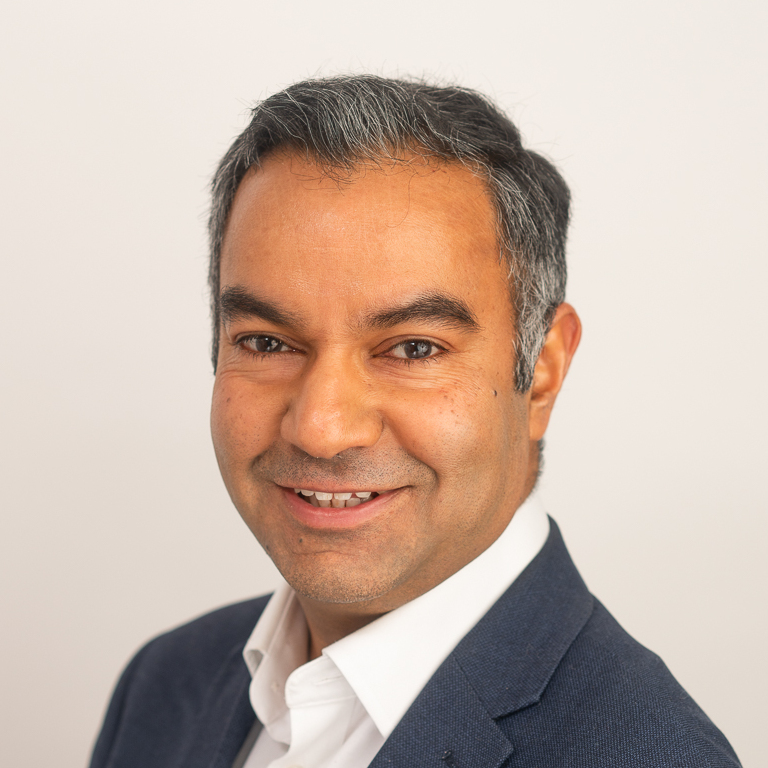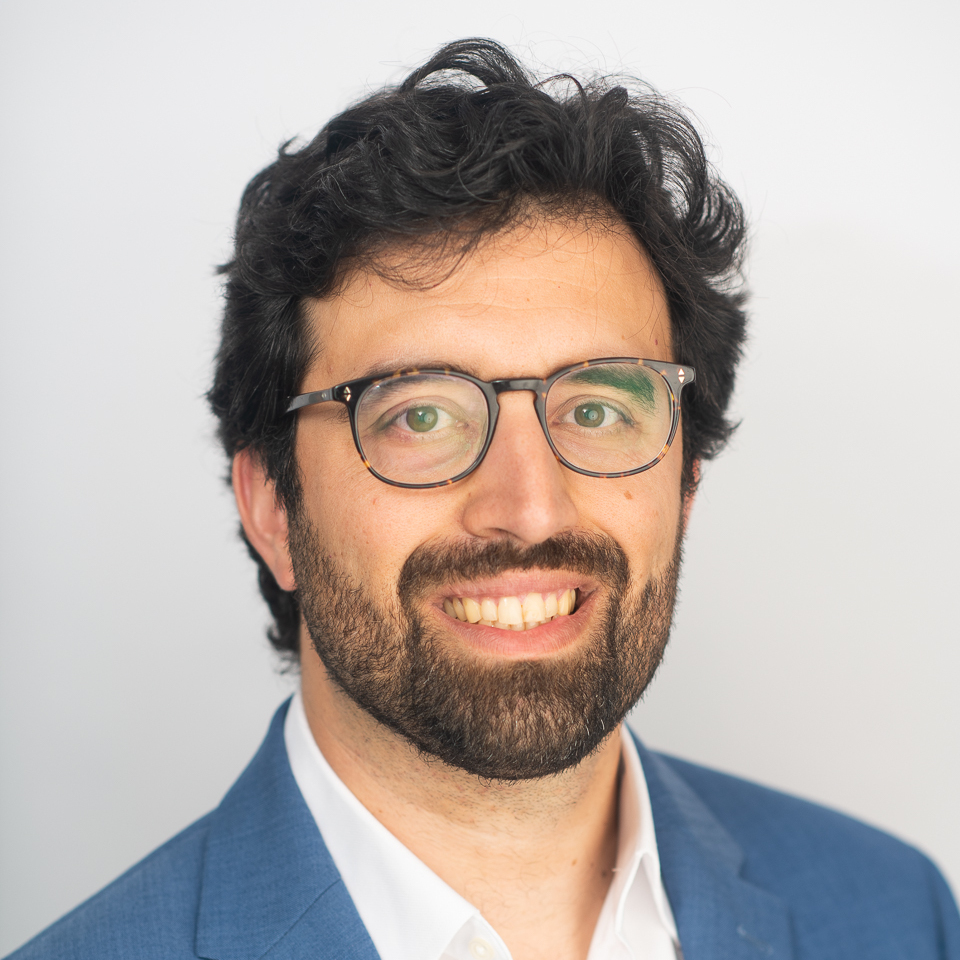Our Team
Our core team and partners are committed to our values of compassion, integrity and excellence in all we do. Click on the profiles below to learn more about the individual expertise and interests of our team.

Dr Michael Dilley

Dr Michael Dilley
Consultant Neuropsychiatrist (MD, DPhil Neuropsychiatry)Dr Michael David Dilley is a registered and licensed Medical Practitioner currently employed as a Neuropsychiatrist in Brain Injury at King’s College Hospital and previously at The Wolfson Neurorehabilitation Centre, St George’s Hospital, St George’s University Hospitals NHS Foundation Trust, and at The Lishman Brain Injury Unit, Maudsley Hospital, South London & Maudsley NHS Foundation Trust and at The Thames Brain Injury Unit at Blackheath, London. His qualifications are BSc (Hons), MB BS, MSc, FRCPsych. He is recognised in the GMC Specialist Register as having expertise in General and Liaison Psychiatry.
Dr Dilley has 18 years post qualification consultant clinical experience, initially in Community Psychiatry and subsequently in the subspecialty of Neuropsychiatry, including work in several National Specialist NHS services at both The Maudsley Hospital and The National Hospital for Neurology & Neurosurgery, London. He is the current Chair for the Faculty of Neuropsychiatry, Royal College of Psychiatrists, a Member of the NHS England Clinical Reference Group, Rehabilitation, Disability & Spinal Cord Injury, and a Trustee of the United Kingdom Acquired Brain Injury Forum (UKABIF) He is the Co-Director of the Mind & Body Programme at King’s Health Partners and Co-Director of Brain & Mind Ltd.
In Dr Dilley’s NHS practice, he provides expertise across the entire integrated care pathway for patients with neuropsychiatric needs associated with brain injury. This includes seeing patients in intensive care, in the acute brain injury and neurology units at King’s College Hospital, London and the Brain Injury Team Multidisciplinary Outpatient Service. He has extensive experience of rehabilitation for cognitive and neuropsychiatric problems across neurological conditions and in particular brain injury and functional neurological disorder.
He has written medicolegal reports, predominantly for people with acquired brain injury and functional neurological symptoms since 2006 being instructed 60% Claimant, 20% Defence and 20% Joint. He has appeared in Court on six occasions and at Tribunal in excess of 70 occasions.

Dr Ana Miorelli

Dr Ana Miorelli
Consultant NeuropsychiatristDr Ana Miorelli is a consultant liaison psychiatry and neuropsychiatrist with specialist interests in severe and complex functional neurological disorders and traumatic and acquired brain injury requiring interdisciplinary rehabilitation.
In her NHS practice, Dr Miorelli provides expertise across the entire integrated care pathway for patients with neuropsychiatric needs associated with functional neurological disorder and acquired brain injury. Her job also includes assessing and treating patients in outpatient settings for a variety of neuropsychiatric conditions as well as outreach visits and liaison with regional referrals to neuropsychiatry services. She has worked as the neuropsychiatry consultant lead in the FiND programme at South London and Maudsley NHS Foundation Trust and as a part of an interdisciplinary team for people with Multiple Sclerosis across King’s Health Partnership.
As part of her liaison psychiatry experience in acute hospital settings, Dr Ana Miorelli has worked with patients with complex and severe neuropsychiatric presentations arising from physical health conditions such as gastroenterological disorders, brain injury, both traumatic and non-traumatic, and other neurological illnesses. Dr Ana Miorelli supports patient’s entire recovery journey from acute to community care.
In 2013 she completed her PhD thesis at King’s College London on genetic influences on brain volumes in psychosis.
Dr Miorelli is a Execute Member of the Neuropsychiatry Faculty at Royal College of Psychiatry, the Neuropsychiatry representative and Executive Member of the Psychiatry Division at the Royal Society of Medicine and a Member of the British Neuropsychiatry Association.
Dr Ana Miorelli has worked as a liaison psychiatry consultant at John Radcliffe Hospital in Oxford and previously as a liaison psychiatry and neuropsychiatrist at Wessex Neurology Centre at Southampton General Hospital.
Against a background of extensive work in complex capacity cases and early rehabilitation integrated work as specialist in general liaison psychiatry and neuropsychiatric liaison work within acute and specialist neuropsychiatric settings on 2 major trauma centres in the UK (Southampton and Oxford), Dr Miorelli has extensive experience on medicolegal reporting with a particular interest in complex personal injury.

Dr David Okai

Dr David Okai
Consultant NeuropsychiatristDr David Okai is a Consultant Neuropsychiatrist with specialist interests in movement disorders; traumatic and acquired brain injury; and severe and complex functional neurological disorders requiring interdisciplinary rehabilitation.
- Consultant Neuropsychiatrist at The Maudsley Hospital, Department of Neuropsychiatry
- Consultant Neuropsychiatrist in Orpington Neurorehabilitation Unit, King’s College Hospital NHS Foundation Trust
- Faculty of Neuropsychiatry, Royal College of Psychiatrists
- Associate Medical Director for National and Specialist Services, Maudsley Hospital
- Honorary Senior Lecturer, University of Oxford (Neurosciences)
In his NHS practice, Dr Okai provides expertise across the entire integrated care pathway for patients requiring neurorehabilitation at King’s College Hospital NHS Foundation Trust. This includes a wide range of disorders, including neuropsychiatric needs associated with brain injury, functional neurological disorder, and Parkinson’s disease. Dr Okai often supports a patient’s entire recovery journey from acute care to community integration.
He has 12 years of post-qualification clinical experience, with specific expertise in the subspecialty of Neuropsychiatry, and Liaison Psychiatry, including work in several National Specialist NHS services at both The Maudsley Hospital and The National Hospital for Neurology & Neurosurgery, London.
He has an MD(Res) in psychology (PhD equivalent), based on study of the assessment and management of complex neuropsychiatric illness.
Research interests:
Neuropsychiatric sequelae of movement disorders, neurodegenerative disorders, acquired and traumatic brain injury, autoimmune neurological disorders, Wilson’s disease, and the presentation of neurologically unexplained symptoms.
Previous affiliations:
- Neuropsychiatry consultant, Oxford University NHS Hospitals Foundation Trust
- Director of the British Neuropsychiatric Association
- Advisor on an All-Party Parliamentary Group on the management of the neuropsychiatry of Parkinson’s.
- Clinical Advisor Parkinson’s UK
- Consultant Neuropsychiatrist, National Hospital for Neurology and Neuropsychiatry, Queen Square, London
- Consultant Liaison Psychiatrist (locum), Charing Cross and Hammersmith Hospital
- Clinical Fellow, Institute of Psychiatry, Psychology and Neuroscience

Dr Sotiris Posporelis

Dr Sotiris Posporelis
Consultant Liaison NeuropsychiatristDr Sotiris Posporelis is a Consultant Liaison Neuropsychiatrist in the NHS and an Honorary Clinical Senior Lecturer at the Institute of Psychiatry, Psychology and Neuroscience (King’s College London). Employed by South London and Maudsley NHS Foundation Trust, his main workplace is King’s College Hospital, where he leads a Team providing care for inpatients presenting with a wide range of neurological and neurosurgical diagnoses and comorbid neuropsychiatric symptoms, including, yet not limited to: Brain Injury, Epilepsy, Encephalitis, Movement Disorders, and Functional Neurological Disorders. He also runs a National Specialist Clinic as part of the Maudsley Neuropsychiatry Outpatient Service, funded by NHS-England. He is approved by the Secretary of State under Section 12(2), Mental Health Act 1983 and is recognised in the GMC Specialist Register as having expertise in General Adult and Liaison Psychiatry.
He completed his Psychiatry training at the Maudsley Training Programme and was awarded the RCPsych Researcher Trainee of the year in 2014, at the International RCPsych Conference. During this time, he also completed an 18- month clinical research fellowship at Johns Hopkins University (Baltimore, USA) working alongside Professor Akira Sawa. Following his return to the UK, he completed his training in 2016 and has been employed as a Consultant ever since.
With a particular interest in education, he is the Maudsley Teaching Programme organiser (largest Psychiatry training programme in the world), a Module Lead for the MSc in Clinical Neuropsychiatry (IoPPN) and a Firm Head for the GKT School of Medicine. Having served for three years (2020-23) as the London Division Academic Secretary of the Royal College of Psychiatrists, he is now the Chair of . He has been awarded the HSJ Awards: Workforce Initiative of The Year: KCH COVID-19 Staff Support and Wellbeing Programme (2021), KHP Education Academy Award (2021) and nominated for the RCPsych Psychiatric Educator of The Year (2022)
He is a longstanding contributor to the BMJ Best Practice and has authored several scientific publications in high impact journals. He has contributed to the latest version (14th) of the Maudsley Prescribing Guidelines and co-authored the Liaison Psychiatry chapter for the upcoming Kumar & Clark Clinical Medicine Textbook.
Against a background of extensive work in complex capacity cases and specialist neuropsychiatric liaison work within acute and specialist neuropsychiatric settings at one of the largest major trauma centres in the UK, Dr Posporelis is now moving into medicolegal reporting with a particular interest in complex personal injury.

Dr Ivan Koychev

Dr Ivan Koychev
Consultant NeuropsychiatristDr Ivan Koychev is a Medical Practitioner with full license to practice currently employed as Consultant Neuropsychiatrist at Oxford University Hospitals NHS Foundation Trust and Senior Clinical Researcher at the University of Oxford. He is approved by the Secretary of State under Section 12(2), Mental Health Act 1983 and is recognised in the GMC Specialist Register as having expertise in General and Old Age Psychiatry.
Dr Koychev has been practicing as a doctor for 16 years and has a specific expertise in the subspecialty of Neuropsychiatry, whereby he works in acute medical settings and focuses on the assessment and management of patients presenting with psychological or behavioural symptoms arising from neurological conditions (traumatic brain injury, dementia, epilepsy, autoimmune encephalitis, movement disorders, functional neurological disorders and others). He has been employed at the NHS at Consultant level in the field of Neuropsychiatry since 2019. Dr Koychev also leads a research programme at the Oxford University focused on the development of novel treatments for cognitive disorders (dementia).
He has written medicolegal reports, predominantly for people with acquired brain injury and functional neurological symptoms since 2022 being instructed 100% by the Claimant.

Dr Mujtaba Husain

Dr Mujtaba Husain
Consultant PsychiatristDr Mujtaba Husain is a Consultant in Liaison Psychiatry with a specialist interest in persistent physical symptoms. He holds two NHS Clinical Director positions at Maudsley Private Care, the UK’s first NHS Private Practice Unit in mental health, and at the Health Innovation Network.
In his NHS practice, Dr Husain is the lead consultant for the Maudsley Hospital’s Persistent Physical Symptoms Research and Treatment Unit, a national centre delivering therapy for complex physical symptoms. He is an expert in persistent physical symptoms including chronic pain, chronic fatigue and fibromyalgia, as well as complex mental and physical symptoms following trauma and/or associated with long term medical conditions.
He has nine years post qualification experience as a liaison psychiatrist in King’s College Hospital, London where he sees patients presenting in crisis and patients with mind-body mental health issues on medical wards.
He has presented at national conferences, written educational papers for the Royal College of Physicians and has published a number of research papers on persistent physical symptoms. He provided expert testimony for the National Institute of Clinical Excellence’s Guideline on Myalgic Enecephalitis (ME) / Chronic Fatigue Syndrome and expert advice for the Centre for Health and Disability Assessments / Department of Work and Pensions protocols on assessments of medically unexplained symptoms.
Between 2019 – 2022 he was Associate Medical Director for national and specialist services at the Maudsley, the Trust with the largest body of these services in the UK. This included management responsibilities for the National Affective Disorders Unit, the National Psychosis Unit, Eating Disorders, Perinatal Psychiatry, Neuropsychiatry and national anxiety, trauma, dissociation and psychosexual health services.
He also regularly advises the Healthcare Ombudsman on complaints and serious incidents which have failed to be resolved locally.
He is a graduate of the NHS Medical Director’s Clinical Fellowship Scheme where he gained experience of regulation with the General Medical Council. He is a past chair of the national committees for doctors in training at the Royal College of Psychiatrists and the Academy of Medical Royal Colleges.

Dr Thomas Pollak

Dr Thomas Pollak
Consultant NeuropsychiatristI am an Honorary Consultant Neuropsychiatrist at South London and Maudsley NHS Foundation Trust and a Senior Clinical Lecturer at the Institute of Psychiatry, Psychology and Neuroscience at King’s College London. I have set up and co-run a joint multidisciplinary clinic at King’s College Hospital dedicated to the assessment and management of patients with confirmed or suspected autoimmune encephalitis and other central nervous system autoimmune disorders. I also jointly ran a neuropsychiatry-led long COVID clinic.
Clinical and medicolegal interests:
- neuropsychiatry
- brain injury
- autoimmune encephalitis and other autoimmune brain conditions
- liaison psychiatry
- the psychiatric consequences of brain/systemic inflammation and infection
- psychotic disorders
- organic causes of psychosis and other mental disorders
- functional neurological disorder
- anxiety and mood disorders
I am available for medicolegal work as requested, having completed reports touching on all the above clinical topics. I accept instructions for clinical negligence and personal injury claims, with about 60% of reports currently instructed by the claimant.
Training:
I trained in psychology (congratulatory first class BA; Corpus Christi College, University of Oxford), medicine (MBBS; King’s College London), clinical psychiatry (MRCPsych; Royal College of Psychiatrists) and clinical neurology (MSc; UCL/National Hospital for Neurology and Neurosurgery). In 2015, I was awarded a Wellcome Trust Clinical Research Fellowship to look at the neuroimmunological basis of psychiatric disease, with a particular focus on the autoantibodies known to cause autoimmune encephalitis. In 2019, I was awarded an NIHR Clinical Lectureship.
In my current work, I am attempting to improve the early detection of autoimmune psychosis, as well as elucidating the brain mechanisms by which a self-reactive immune response might give rise to neuropsychiatric symptoms across a range of health and disease states. My other research interests include elucidating the immunological effects of psychotropic drugs, the impact of mental illness risk factors on immune system function, the role of infections in psychiatry, mechanisms of post-acute COVID syndrome (long COVID), glutamatergic abnormalities in psychosis and organic presentations in clinical neuropsychiatry.
In my role on the Scientific Advisory Panel of the Encephalitis Society I chaired the organising committee of the Encephalitis Conference and sit on the research sub-committee. I am a past Director of the British Neuropsychiatry Association (BNPA) and a current member of the Royal College of Psychiatrists, the British Neuropsychiatry Association, the International Neuropsychiatry Association and the European College of Neuropsychopharmacology.
In 2019, I led an international team of psychiatrists, neurologists, neuroimmunologists, infectiologists and ethicists in the development of consensus criteria for the diagnosis and management of autoimmune psychosis – criteria which are now commonly used in clinical mental health settings and to shape research around the world. I am a member of the European Academy of Neurology/European Joint Programme on Rare Diseases Autoimmune Encephalitis Treatment Guidelines Task Force, the Association of British Neurologists encephalitis guidelines working group, the Royal College of Paediatrics/British Paediatric Neurology Association PANS/PANDAS working group and the Royal College of Psychiatrists autoimmune encephalitis task force. I have a passion for science communication, and my research has been featured in multiple media outlets including the Times of London, Time, New Scientist, Vice, the Guardian and Scientific American. I have spoken about my research on national and international BBC TV and radio broadcasts, and on a variety of podcasts and online formats.

Professor Mark Edwards

Professor Mark Edwards
Consultant Neurologist (MD, DPhil Neurology)Mark Edwards (MBBS, BSc (Hons), PhD, FRCP) is Professor of Neurology and Interface Disorders at Kings College London and Honorary Consultant Neurologist at The Maudsley and Kings College Hospitals.
He has a specialist clinical and research interest in Movement Disorders and Functional Neurological Disorder (FND). He did his PhD with Professor John Rothwell and Professor Kailash Bhatia at the UCL Institute of Neurology, studying the pathophysiology of genetic dystonia. During this period he was involved with the development of a novel and now widely used technique for transcranial magnetic stimulation: theta burst stimulation. Following completion of neurology training he became a Senior Lecturer and Honorary Consultant Neurologist at UCL and the National Hospital for Neurology. Here he developed an NIHR funded research program and specialist diagnostic and treatment service for patients with FND. After moving to St George’s in 2015 he expanded this work to develop one of the first integrated diagnostic and treatment services for FND alongside continued research work into the pathophysiology of the disorder and development and testing of novel treatments, including the first randomised trial of specialist physiotherapy for functional movement disorders. He recently led the development of a national exemplar pathway for Functional Neurological Disorder for the National Neurology Advisory Group on behalf of NHS England. He was recently appointed as Professor of Neurology and Interface Disorders at the Institute of Psychiatry, Psychology and Neuroscience at King’s College London and Consultant Neurologist at the Maudsley and King’s College Hospital from September 2022.
He has published over 300 peer reviewed publications and is author of the Oxford Specialist Handbook of Parkinson’s Disease and Other Movement Disorders. He is President of the Association of British Neurology Movement Disorders Group, International Executive Committee member of the International Parkinson’s and Movement Disorders Society, Board and Founding Member of the Functional Neurological Disorder Society, Associate Editor of the European Journal of Neurology, and medical advisor for FNDHope, the UK Dystonia Society and the British Association of Performing Arts Medicine. He is the winner of the Jon Stolk Award for Movement Disorders research from the American Academy of Neurology, the David Marsden Award for Dystonia research, the Queen Square Prize and the Uschi Tschabitscher prize for research from the European Academy of Neurology.

Dr Adam Handel

Dr Adam Handel
Consultant NeurologistDr Adam Handel is a registered and licensed Medical Practitioner employed as a Neurologist in Autoimmune Neurology and General Neurology at Oxford University Hospitals NHS Foundation Trust and Oxford Health NHS Foundation Trust. His qualifications are MA (Hons), BM BCh, DPhil (Oxon), MRCP (UK). He is recognised in the GMC Specialist Register as having expertise in Neurology.
Since 2021, Dr Handel has offered Liaison Neurology services to patients within the mental health services across Oxford Health NHS Foundation Trust, with a special interest in the intersection between Neurology and Psychiatry. He also runs one of the few national clinics for patients with autoimmune encephalitis and other neuroimmunological conditions and is a member of the Royal College of Psychiatry guidelines committee for autoimmune encephalitis. Dr Handel is the Neurology lead for the Clinical Neurosciences teaching on Functional Neurological Disorders at the University of Oxford. He is also an Examiner on the Graduate Medicine course at the University of Oxford and a Lecturer on the Final Honours School of Biomedical Sciences at the University of Oxford.
In Dr Handel’s NHS practice, he provides expertise in Liaison Neurology to any patient under the Oxford Health NHS Foundation Trust mental health services with a suspected neurological cause for their psychiatric presentation or a neurological co-morbidity. In this role, he has extensive experience in conditions traditionally falling between Neurology and Psychiatry, particularly functional neurological disorder, cognitive disorders and traumatic brain injury. He also assesses and guides immunotherapy in patients with autoimmune encephalitis and other immune-mediated neurological disorders.
Dr Handel also leads the Oxford Autoimmune Neurology Group, which researches autoimmune encephalitis and other neuroimmunological conditions. He has published 82 research papers in peer-reviewed journals and has secured >£1.4m in research funding. He is an Honorary Senior Clinical Research Fellow at the University of Oxford, and he regularly supervises post-doctoral researchers and doctoral students.
He has written medicolegal reports, predominantly for people with acquired brain injury, functional neurological symptoms and autoimmune encephalitis, and regularly contributes to expert panel discussions.

Dr Tiago Teodoro

Dr Tiago Teodoro
Consultant NeurologistDr Tiago Teodoro is a Consultant Neurologist with specialist interests in Functional Neurological Disorder (FND) and Movement Disorders (including Botulinum Toxin treatment). He has written medicolegal reports for people with FND and a diverse array of other neurological conditions.
Dr Teodoro has been involved in the specialist FND service at St George’s University Hospitals (London) since 2016. This service has been at the forefront in the development of novel diagnosis and management strategies for FND. In his capacity as Consultant Neurologist, he offers diagnosis and expert advice on the management of FND.
He co-chairs the South-West London and Surrey regional FND network, aiming at improving multidisciplinary care for FND across these regions.
Dr Teodoro has set up a weekly Botox clinic in Surrey (Ashford and St Peter’s Hospitals) offering Botulinum Toxin treatment for Movement Disorder (including EMG-guided injections and treatment of more challenging cases). He also runs a monthly Movement Disorders clinic in the same hospitals. In addition to his specialist interests, he remains intensively involved in General Neurology, in both outpatient and inpatient settings in Surrey and South-West London.
Dr Teodoro completed a PhD on the mechanisms of functional neurological symptoms and has published his research on FND in high-impact scientific journals. As part of his training, he previously performed clinical research fellowships on FND and Movement Disorders at the National Hospital for Neurology and Neurosurgery and at St George’s University Hospitals (London)